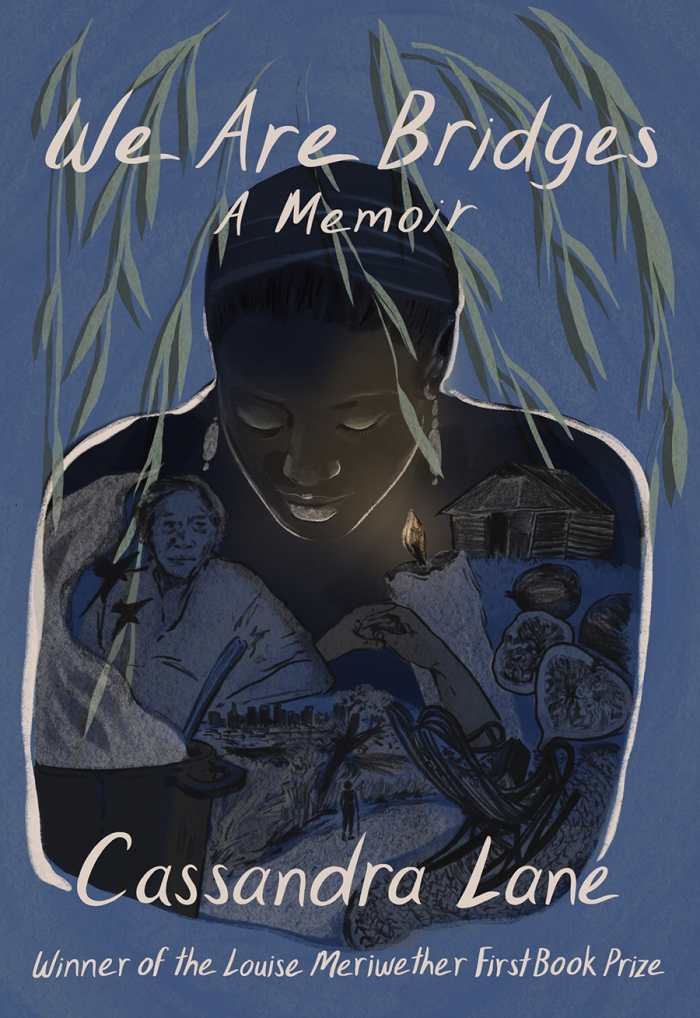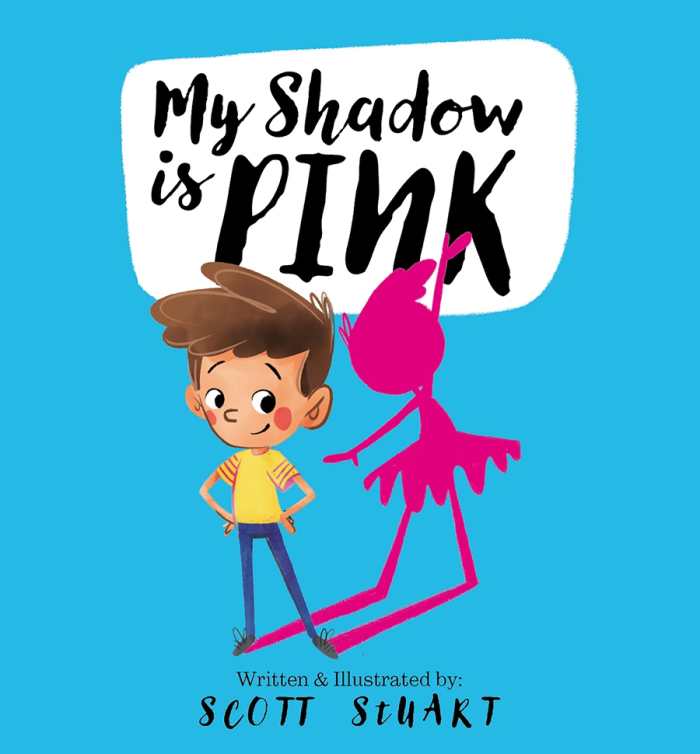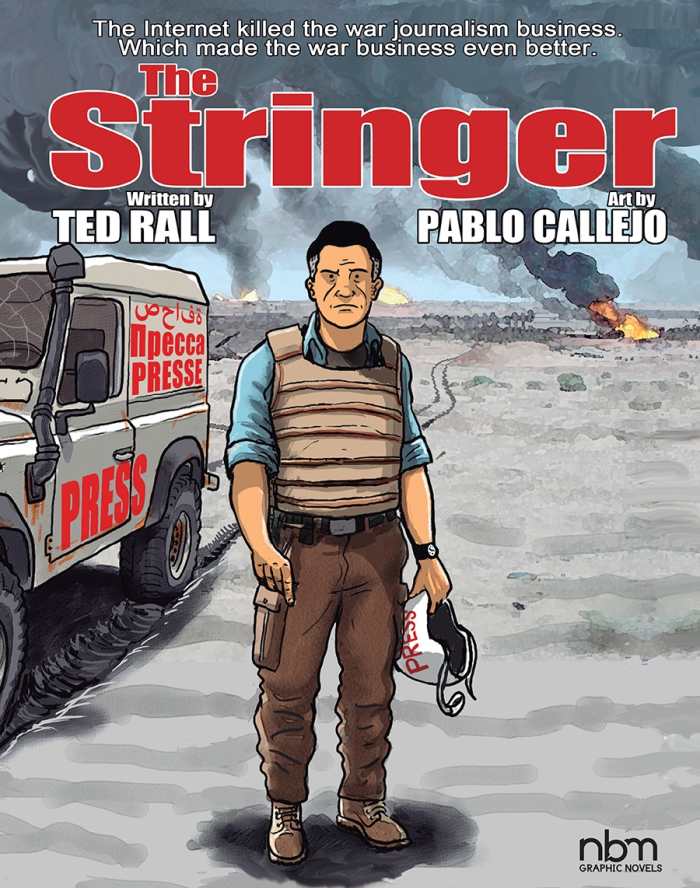Book of the Day Roundup: April 19-23, 2021
Besharam
On Love and Other Bad Behaviors

Priya-Alika Elias
Chicago Review Press
Softcover $16.99 (208pp)
978-1-64160-507-6
Buy: Local Bookstore (Bookshop)
Feminist lawyer Priya-Alika Elias’s excellent essay collection Besharam explores modern womanhood in two nations.
Elias grew up in India, came to the US for college and law school, and returned to India. Her strong, engaging voice unites the book’s disparate essays, which are variously personal, cultural, and news related, though also topically divided into chapters titled Sex, Ugliness, Hurt, and Independence.
Elias discusses dating and hookups in frank, sex-positive terms. She also sensitively recounts the pressures that led to her disordered eating. Family stories of “the tyranny of aunties” from her hometown, who poked and pried to know why she was gaining weight, how she lost it, and when she was going to settle down, occur, as do analyses of pop lyrics and stereotypes from Hollywood to Bollywood. There are also takes on literature, including why Charlotte Brontë is more satisfying than Jane Austen, and of the horrifying ways that girls are described in the Sweet Valley High series.
Elias’s lively essays also experiment with forms, employing lists, folk tales, poetic and lyrical language, and even a section appendix, “Some Types of Desi Fuckboys,” that’s scathing and funny as it forwards its critiques in the form of a field guide. The book’s personal essays are sometimes vulnerable, sometimes gleeful and coarse, and sometimes laugh-out-loud funny; its most serious material is less personal, including its analyses of news stories about celebrity sexual abuses and gang violence against women. The book’s final two pieces, “Story of an Air Conditioner” and “Closing Prayer: For My Strong Brown Women,” are its stars.
The bold feminist essays of Besharam are smart, critical, and entertaining as they explore what womanhood entails in Desi and US cultures.
MEREDITH GRAHL COUNTS (February 27, 2021)
We Are Bridges

Cassandra Lane
The Feminist Press
Softcover $17.95 (256pp)
978-1-952177-92-7
Buy: Local Bookstore (Bookshop)
Cassandra Lane’s hybrid memoir We Are Bridges incorporates imagined histories and evocative memories into its multigenerational tale of trauma.
In the moment that Lane decided to have a baby, she also became determined to discover the ancestral stories that she knew existed, but had no record of. She grew up in Louisiana as the eldest girl of five children. As she wonders about the future of her unborn child, she reaches back to memories of her maternal grandparents, Papa Houston and Grandmama Avis. Grandma Mary, Papa Houston’s mother, was the oldest relative that Lane knew.
Drawing on family stories and scraps of truth, Lane reconstructs rich histories for Mary and her first lover, and for Papa Houston’s father, Burt Bridges. Her book’s short, emotive chapters reimagine the pain and suffering that her great-grandparents withstood. Lane expresses that she feels those bonds in her blood and bones, and carries each family truth as a lesson of survival.
The book discusses the inherited trauma of lynching, poverty, and being othered by a society that valued Black Americans less. It questions the roles of men in the lives of the Bridges women, including the men who left Lane’s mother, her grandma’s abusive husband, and the man whom Lane divorced. Knowing about the struggles her matriarchs endured, Lane is reticent to become a mother herself; she weighs her decision to keep her baby. She also reaches for healing through her writing, as she covers her own wounds and those of her ancestors. She winds up in a place of grace, with hope for her son.
We Are Bridges is an exceptional memoir of self-discovery through family histories, even without official records.
MONICA CARTER (April 16, 2021)
My Shadow Is Pink

Scott Stuart
Larrikin House
Hardcover $16.99 (32pp)
978-0-648-72875-7
Buy: Local Bookstore (Bookshop)
A young boy wishes he was different until he is empowered by those around him to embrace his true self in this affirming picture book. All the men in his family have blue shadows, but the young boy’s shadow is pink and enjoys things “not for boys”—something his father assures him is “just a phase.” The palette is bright and playful, toying with cliched, gendered colors—blue and pink—and sunny splashes of yellow that reflect the boy’s path to self-confidence.
DANIELLE BALLANTYNE (February 27, 2021)
The Stringer

Ted Rall
Pablo Callejo, illustrator
NBM Publishing
Hardcover $24.99 (152pp)
978-1-68112-272-4
Buy: Local Bookstore (Bookshop)
A reporter squeezed by the changing news industry decides to play by different, dangerous rules in The Stringer.
Mark Scribner is a seasoned war correspondent who risks his life to bring truth to the world. But as the world shows less desire for that truth, the employment options for Scribner and his colleagues grow bleaker. Unwilling to suffer the penurious fate prescribed for him, Scribner decides to use his extensive knowledge of hotspots around the globe to manufacture news, making himself a celebrity, but abandoning his principles in the process. Soon Scribner discards any journalistic pretense and becomes an outright arms dealer for almost any group that will pay.
Scribner is a classic antihero. His is a tale of power, temptation, and the hazard to society inherent in a landscape where “making news” through deepfake videos, and giving people what they want, rather than the truth, is more prevalent than ever. While Scribner’s self-serving morality is distasteful, his actions are convincing, especially as he sees the journalistic integrity he once prized devalued, and the risks he and his fellow reporters take daily go unappreciated. Even at his worst, Scribner is capable of love; he finds it with a young Afghan woman, and feels the cost of his mercenary ways when she discovers what he’s doing and witnesses the devastating consequences.
The book’s full-color art captures scenes in New York, Afghanistan, and elsewhere with a high level of verisimilitude, a necessary complement to some of the bold and outlandish activities Scribner undertakes. A thoughtful story that’s unpredictable to its end, The Stringer is an engaging thriller that strikes a resounding note of warning.
PETER DABBENE (February 27, 2021)
Water I Won’t Touch

Kayleb Rae Candrilli
Copper Canyon Press
Softcover $16.00 (96pp)
978-1-55659-617-9
Buy: Local Bookstore (Bookshop)
“Haven’t we all chewed / through something tough and survived?” asks poet Kayleb Rae Candrilli in their collection Water I Won’t Touch, an intimate exploration of gender.
Candrilli’s writing is poised yet vulnerable, always suggesting that the tender petal of a flower flutters just under the narrator’s gruff, ultra capable, rabbit-hunting, gun-loading, truck-driving exterior. Layered images of nature and casual brutality permeate the unrhymed stanzas. In “Sand & silt,” a boy seizes the narrator’s ankles in the black silt of the cattail flats. The violence of this act is inextricable from both the land and the violence of manhood, which, the poem suggests, inflicts pain on others as much as the person who carries it. Elsewhere, this dichotomy of delicacy and danger is woven into “Echo,” where a pre-op sonogram identifies the healthy movement of the narrator’s aorta. These elegant poems play with the paradoxes of beauty and hideousness, suggesting that they are not opposites, but proximal.
With frequent nods to alcoholism and a family history of addiction, the collection has plenty to say about stereotypes of rural America. When the narrator’s awareness of their gender, and the necessity of hiding it, becomes apparent, they struggle with drinking, displacement, and naming their desires. However, in spite of this, the collection can be lighthearted, too. Several poems include conspicuous references to pop culture, such as “My partner wants me to write them a poem about drew barrymore” and “My partner wants me to write them a poem about sheryl crow,” suggesting that home is not merely a physical location, but a time, a place, and a shared sense of community for which one yearns.
Water I Won’t Touch loops through the eddies of transgender experience, finding solace and surprises at the intersections of illness, transformation, connection, adaptation, and joy.
CLAIRE FOSTER (April 16, 2021)
Barbara Hodge
